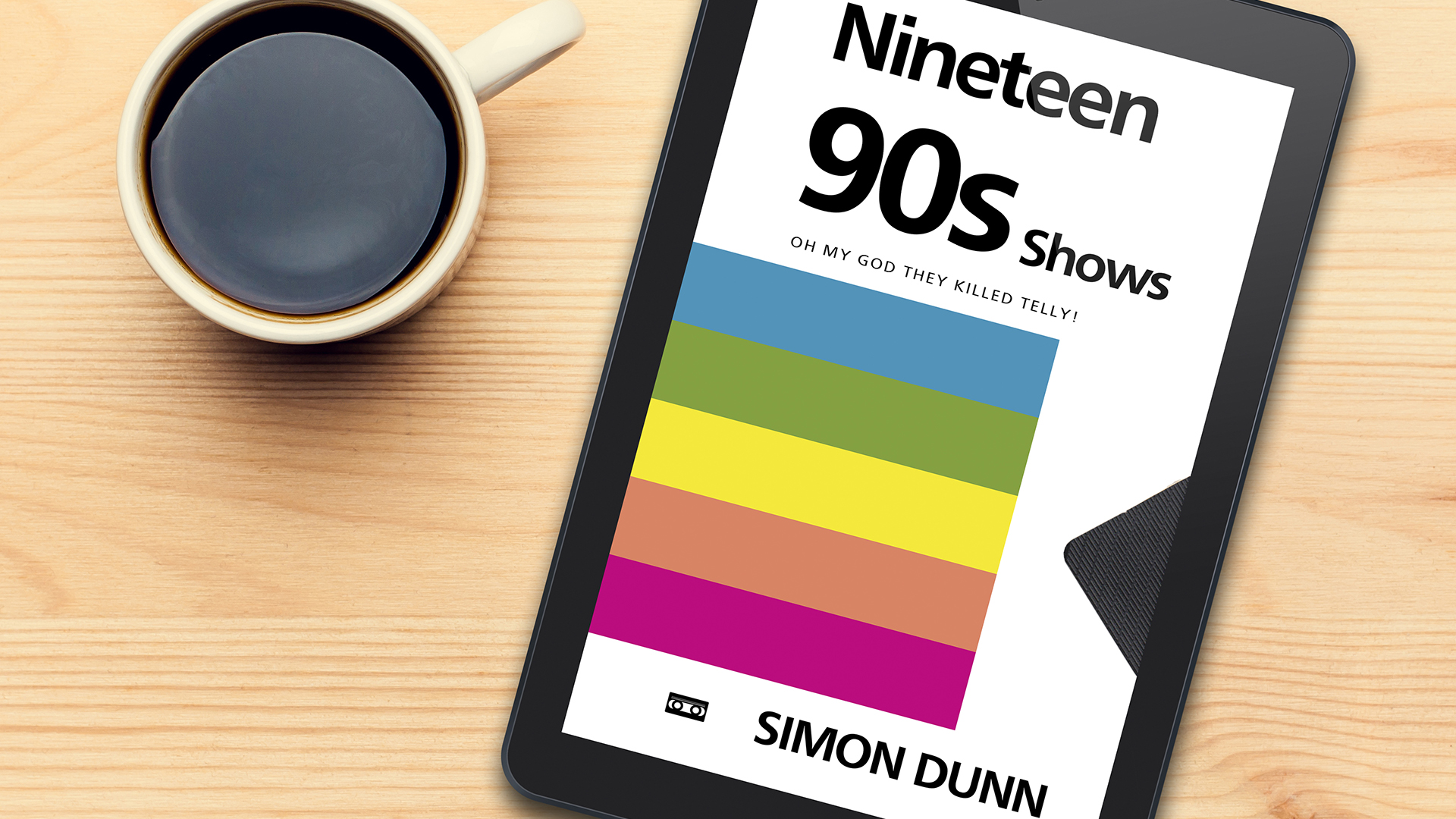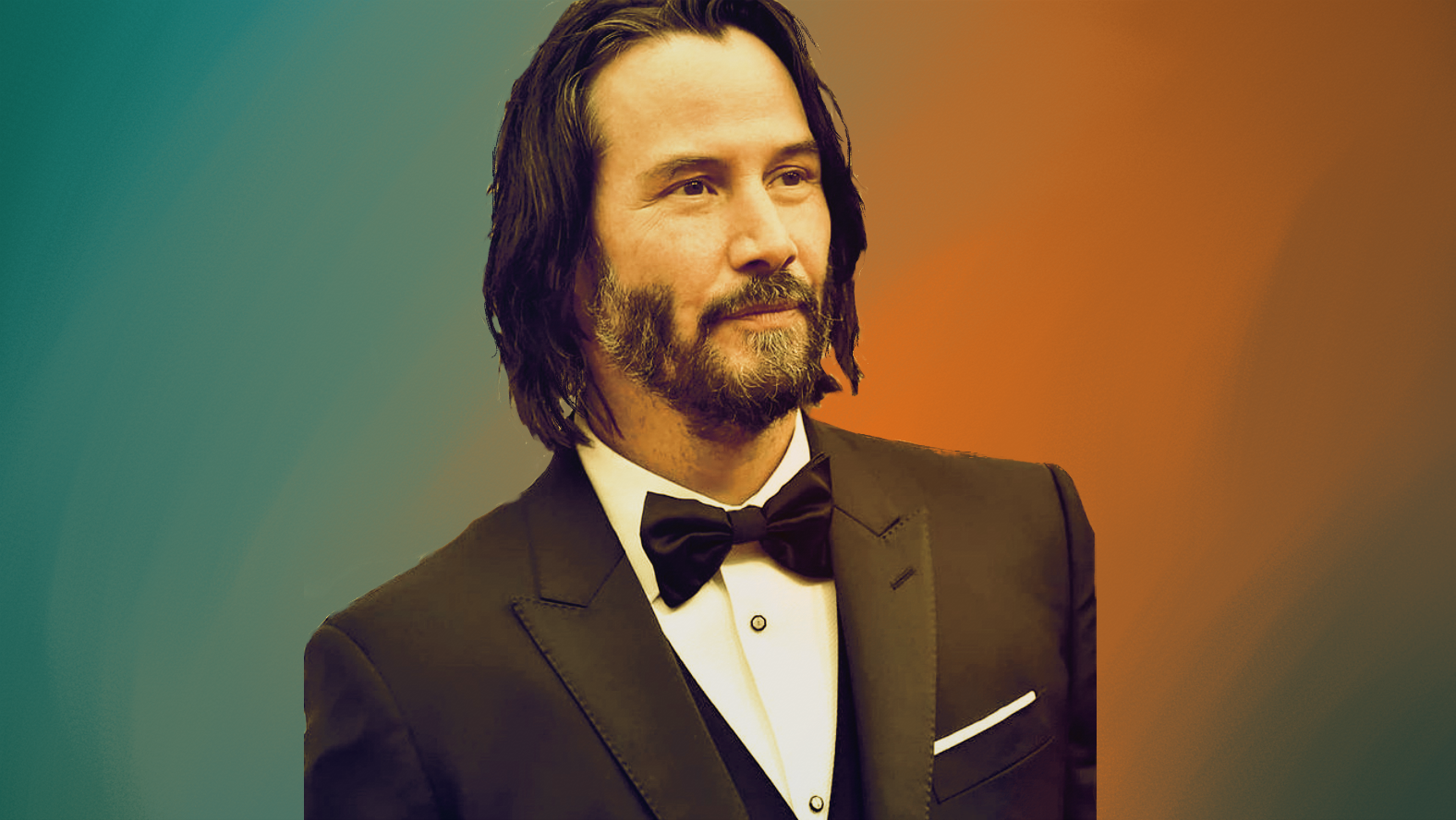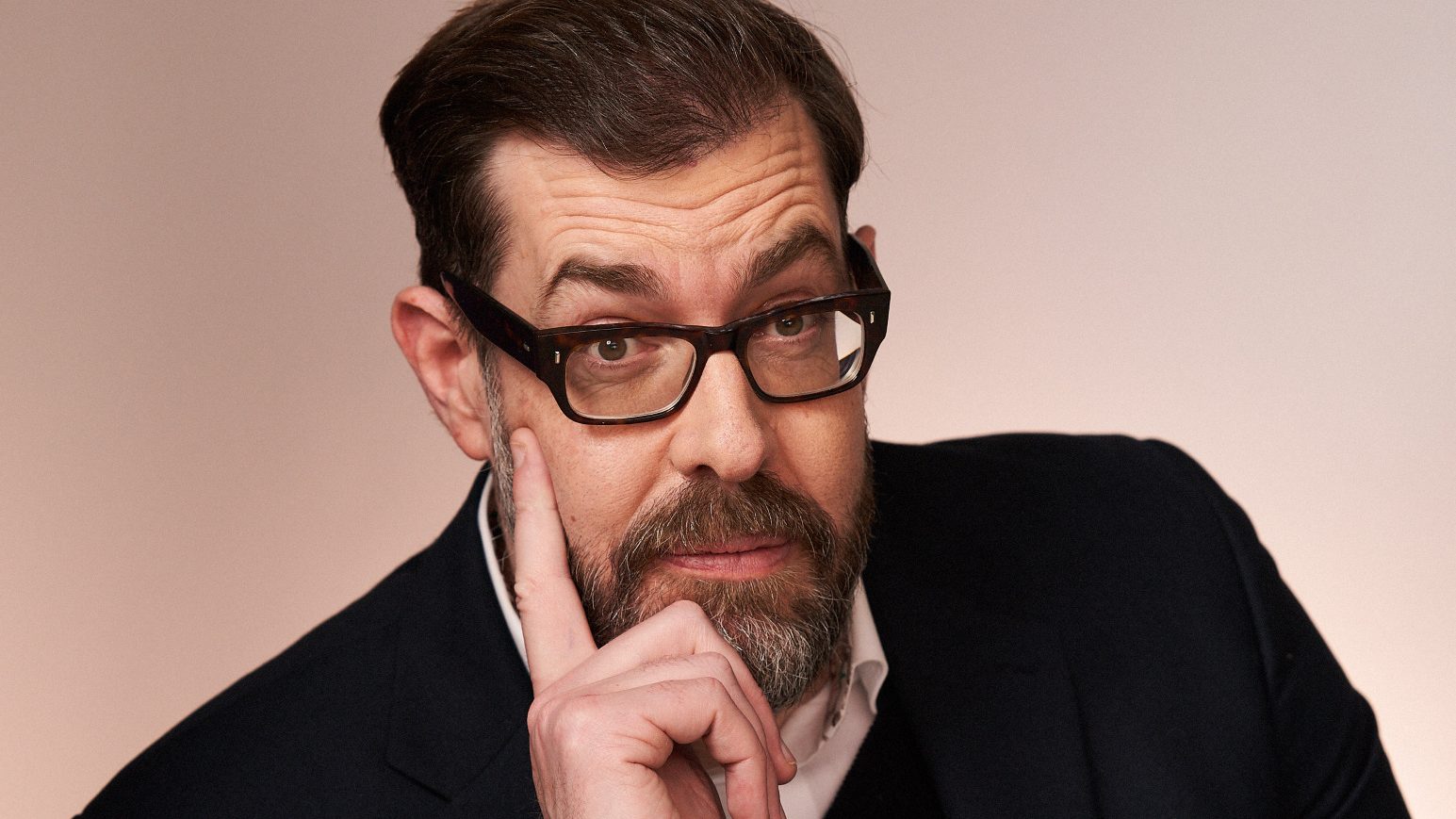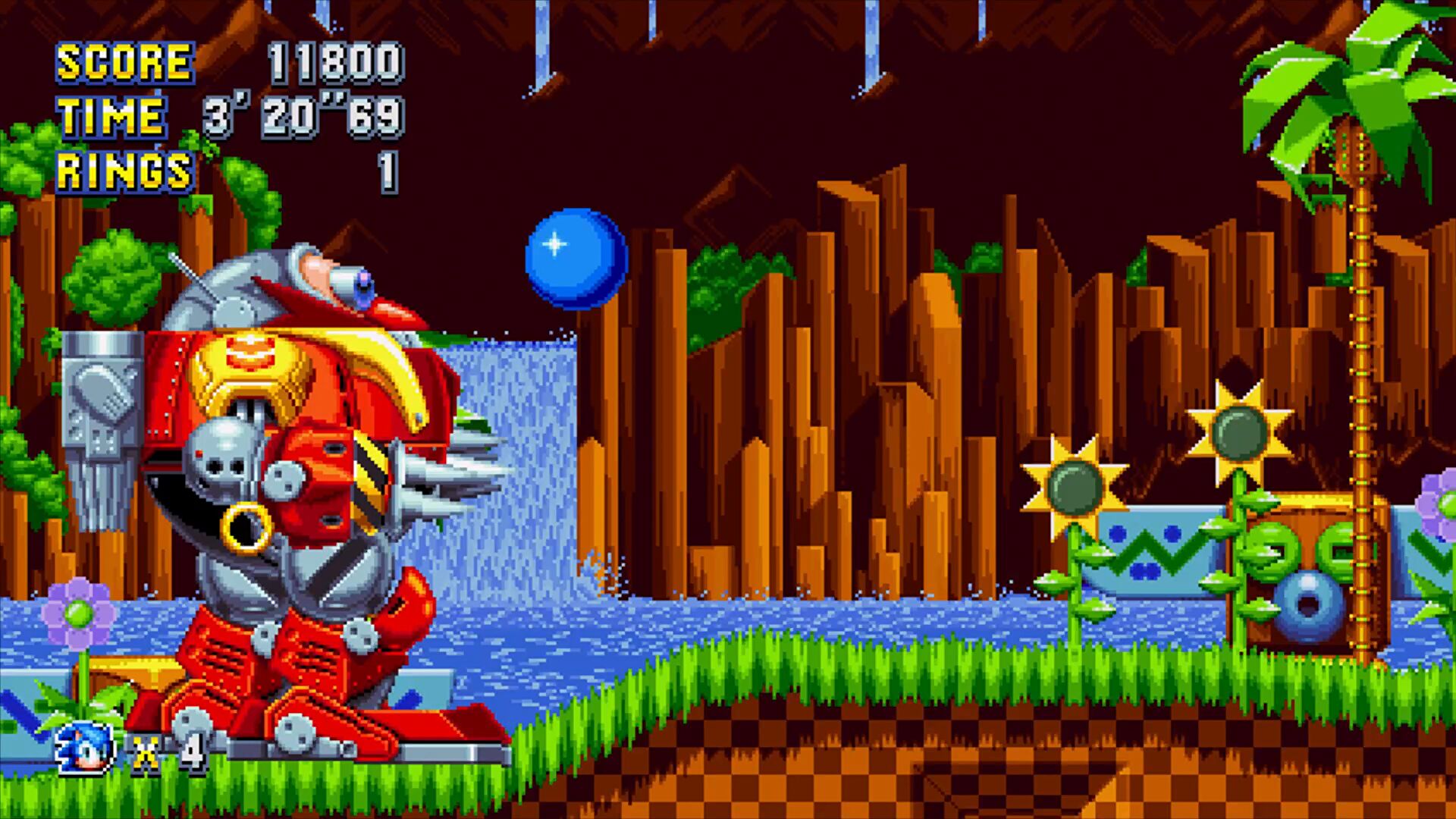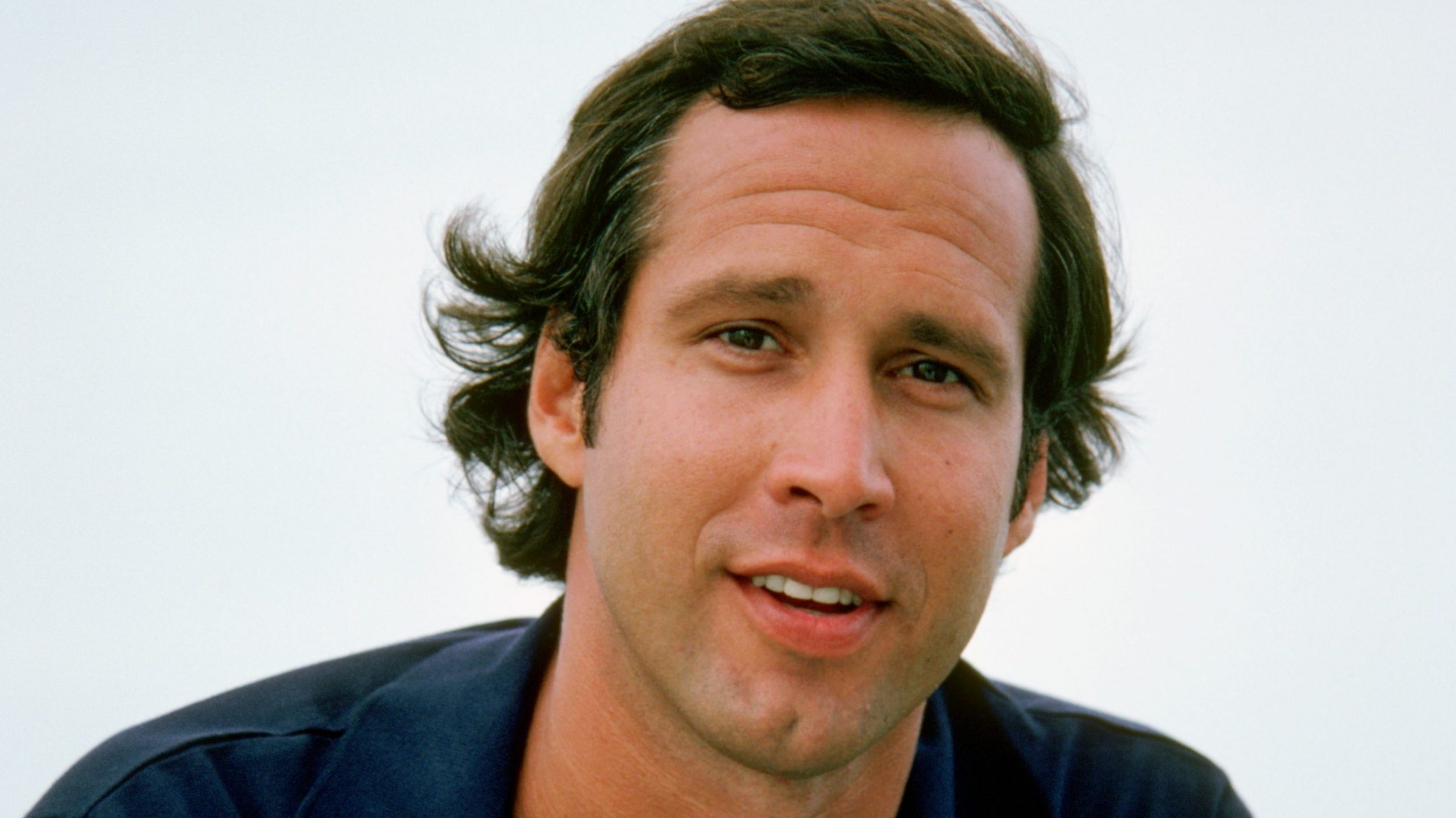I’ve just agreed to give a class in Oxford about writing. What do I know about writing? Will they be interested? Will I make a fool of myself? Who cares?
My initial thought is to talk about the power of the question. This idea is an extension of the film editing process. A well-edited film will ask and answer questions for the audience, I think. Watch the following clip with the sound off, and count how many times a cut prompts you to ask a question.
When it comes to story structure, a good narrative will always ask a strong question. Will Rocky last the distance? Will Luke rescue the Princess and defeat the evil empire? Why did I pay to see The Matrix Revolutions?
That much is obvious.
But the power of the question is a useful tool in scene development, or later for scene troubleshooting.
A good scene should always be prompting the audience to ask questions.
What’s behind that door? Who are those three? How are these boys doin’? Yeah, who the hell are you? Who’s he? Where did they get those burgers? Is it tasty? Why are you here? What’s in the cupboard? What’s in the case? Why are they happy? Who? What does he look like? Well does he? Does he look like a bitch? Who the hell shot them? How did he miss?
(A cuddly toy virtual hug to the first person to post a comment naming this scene and film)
If your scene seems flat, but you feel it has the right amount of conflict, read it through and ask if it is making you ask enough questions, or if it is making you ask them with enough regularity.
It’s important to make a distinction here. The aim is not to confuse your audience so much that they start asking questions, more to use the questions to drive momentum. And the trick is to strike a balance. Ask too many questions, and no-one cares. Ask too few, and everyone is bored. By delaying the answers just long enough, you create suspense and tension.
Even more usefully, questions can help you wire up a plot in the initial planning stages. A simple idea can quickly turn in to a good plot, just with the application of a few key questions.
I went to the shop.
Why? What did you need?
I needed some toilet paper.
Why did you need it so badly?
I’d run out and my face was bleeding.
Why was your face bleeding?
I’ll tell you later.
Okay, but what stopped you getting to the shop and how did you get past that hurdle?
As I staggered out of the house, covered in blood, an old woman tried to help me, and it took me a long time to convince her I didn’t need any help. Then when I got to the shop, they refused to serve me.
How did you get the toilet paper?
I nicked it.
Didn’t anyone see you?
Damn right they did, how do you think I got this black eye?
I dunno. And you never did tell me why you were bleeding …
Thus, a really simple idea can quickly become an interesting story, just by asking a few good questions.
Try it with these:
“My foot hurts.”
“I don’t want to drive.”
“I saw Kelly this afternoon.”
So, what do you think? Is this a good topic for a class? Or am I going to make a fool of myself?
